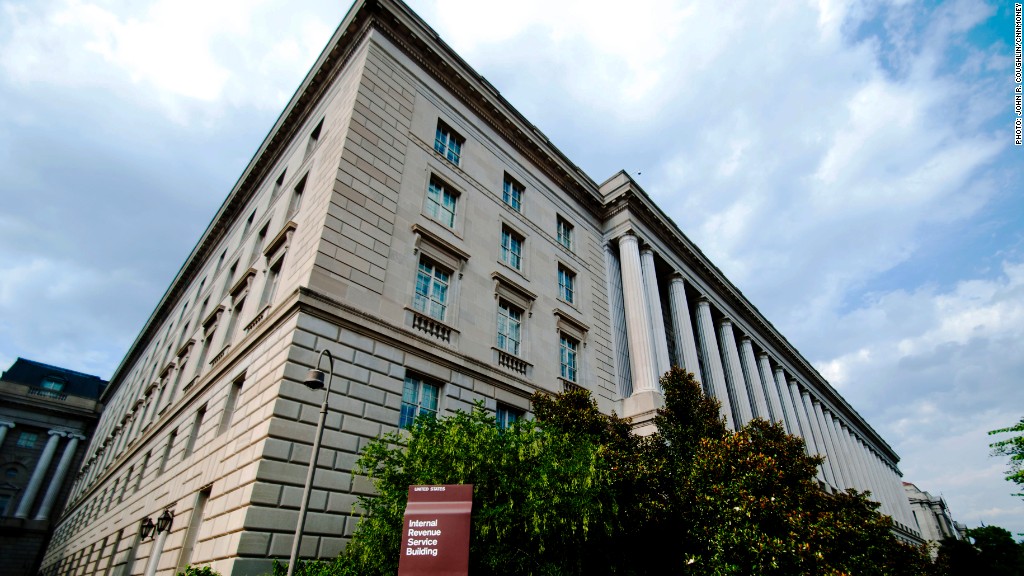
Here's a look at some of the key Obamacare tax provisions that will affect employers, insurers, pharmaceutical manufacturers and others in the health industry.
Employer mandate: Starting in 2015, a company with at least 50 full-time or "full-time equivalent" employees -- those who work at least 30 hours a week -- will have to make a "shared responsibility" payment if it:
--Does not offer those employees and their dependents an employer-sponsored health plan with minimum essential coverage and if any full-time employees qualify for federal insurance subsidies
--Or it offers such a plan but the plan proves too expensive for some employees who otherwise would qualify for federal subsidies.
Trying to skirt this rule would be hard, even if a company cuts its full-time staff and beefs up its part-time roster, because of how the law counts heads.
For example, a business with 20 part-time employees who each work 96 hours a month would be counted as having 16 full-time equivalents, according to health insurer Cigna. So if the company has 35 or more full-timers on top of that, it would be subject to the mandate.
Related: Taxpayer guide to Obamacare
Health insurance tax credit for small businesses: Through 2015, a company with fewer than 25 full-time employees that pays an average annual wage less than $50,000 can get a tax credit for a percentage of the health insurance premiums it pays for its workers. Tax-exempt small businesses qualify for a smaller credit.
Starting in 2014, however, to claim the credit, a small business must participate in an insurance exchange, according to tax publisher CCH.
A for-profit small business would get a maximum of 50% of its premiums; if it's tax-exempt, it could get up to 35%.
Annual fee for insurance providers: An insurance provider, unless it's a certain type of nonprofit, must pay an annual fee if the net premiums it writes in a year top $25 million.
The fee will be determined by the IRS, but in total the agency must collect $8 billion in 2014; $11.3 billion in both 2015 and 2016; $13.9 billion in 2017 and $14.3 billion in 2018. Thereafter, annual fee revenue will be adjusted for premium growth.
If a provider's premiums are between $25 million and $50 million, the fee will be based on only half of the written premium amount between $25 million and $50 million, said Mark Luscombe, federal tax principle for the tax publisher CCH. If they're over $50 million, the fee will be based on 100% of the premiums over $50 million.
A penalty of at least $10,000 applies to any insurer that fails to meet the deadline for reporting premium data without reasonable cause.
Another penalty applies if an insurance provider understates the written premium amount.
Related: What you need to know about individual tax changes
Annual fee for branded prescription drug makers: Any manufacturer or importer of branded prescription drugs must pay a fee, which will be treated as an excise tax and collected by the IRS. The total fees collected will vary year to year, ranging from $2.8 billion to $4.1 billion going forward.
Excise tax on medical devices: Any manufacturer, producer and importer of certain medical devices must pay a tax equal to 2.3% of the devices' sale price.
Among the devices exempt from the tax are eyeglasses, contact lenses and hearing aids.
Limitations on tax breaks for some insurers and employers: To continue to qualify for a certain deduction, an insurer of large health plans must spend at least 85% of its premium revenue on reimbursement for clinical services. Insurers of plans in the individual and small group market must spend at least 80%.
Also, an insurer may no longer deduct more than $500,000 in compensation for executives and other highly paid employees.
And an employer that provides a prescription drug subsidy for retirees may no longer fully deduct that cost if it receives a federal subsidy for it as well.
Tax on charitable hospitals that don't meet certain requirements: To avoid a $50,000 excise tax and preserve its tax-exempt status, a charitable hospital must formally assess community health needs and create a financial assistance policy.
Fees for a research trust fund: Through 2019, an issuer of certain health insurance policies and large companies that self-insure must pay a fee to support the newly created Patient-Centered Outcomes Research Trust Fund.
For plan years ending after Sept. 30, 2013, and before Oct.1, 2014 the fee is set at $2 times the average number of lives covered during the plan or policy year. Future fees will be adjusted for inflation.
"Cadillac" tax on high-cost plans: Starting in 2018, an insurer of employer-sponsored plans -- or an employer that self-insures its own plan -- will be subject to a 40% excise tax if its plan costs top $10,200 for individual coverage and $27,500 for family coverage. (Thresholds are higher for plans covering retirees and workers in high-risk jobs.)
The tax will apply to the value of the plan above the threshold amounts.
The thresholds in 2018 may be adjusted higher if health care costs rise more than expected. Thereafter they will be adjusted for inflation.




